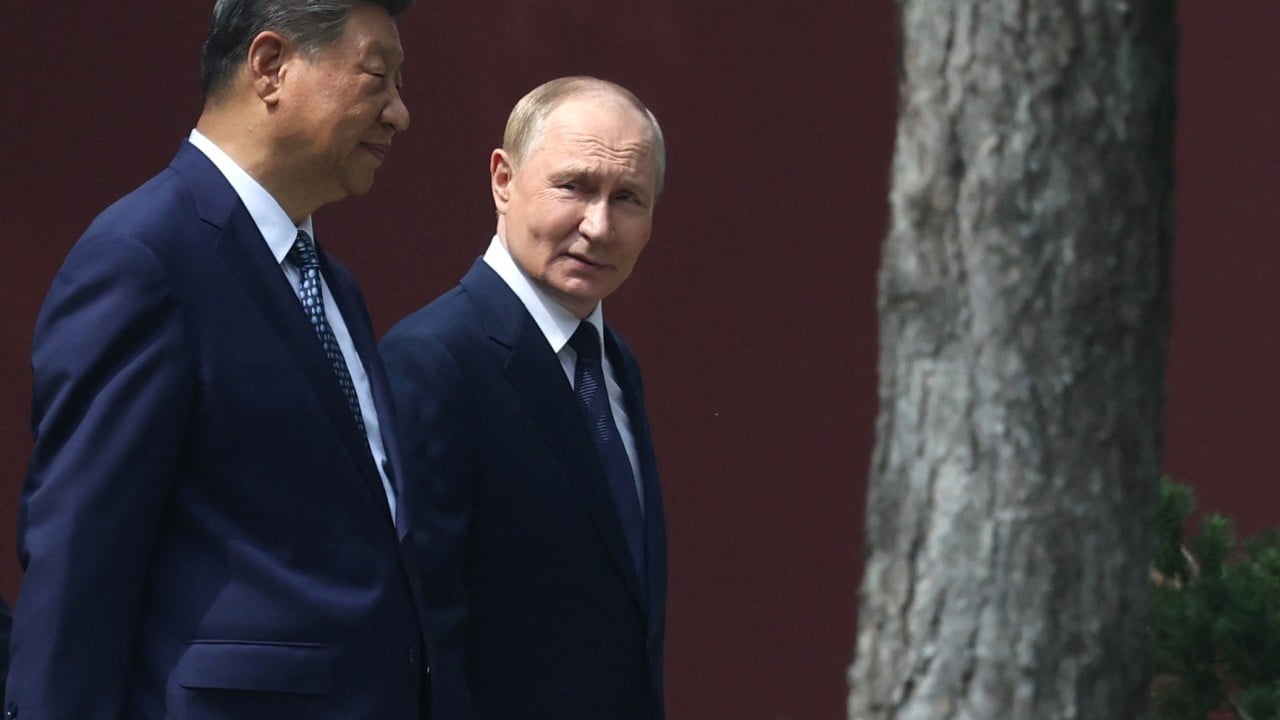The long-delayed Power of Siberia 2 pipeline between Russia and China would create a “structural shock” if it begins operations, analysts said, and cause “strategic and market challenges” for the United States, the world’s current largest liquefied natural gas (LNG) exporter.
Advertisement
While President Xi Jinping and his Russian counterpart Vladimir Putin stood shoulder to shoulder at last week’s Shanghai Cooperation Organisation summit, Gazprom CEO Alexey Miller was quoted as saying the Russian oil giant and China National Petroleum Corporation had signed a memorandum of understanding to build the Power of Siberia 2 and the Soyuz Vostok transit pipeline through Mongolia.
“The Power of Siberia 2 would represent a structural shock,” said Sebastian Contin Trillo-Figueroa, a geopolitical analyst based in Hong Kong. He added the pipeline, which would send 50 billion cubic metres into northern China each year, would “lock in Russian gas at scale” and reduce the use of LNG cargo shipments that are costlier and exposed to more risk.
An overland supply “is not only cheaper but also more secure”, Trillo-Figueroa added, which would help China “bypass chokepoints” and “insulate” itself from global price swings.
The US$13.6 billion pipeline project, in discussion since 2006 but put on hold multiple times, has become even more crucial to Russia since its invasion of Ukraine in 2022. After heavy sanctions were levied on Moscow by the US and much of Europe, China has emerged as a large alternative market.
Advertisement
Talks were revived after the war began, but unresolved questions such as pricing and the pipeline route could mean a protracted period of negotiations.

